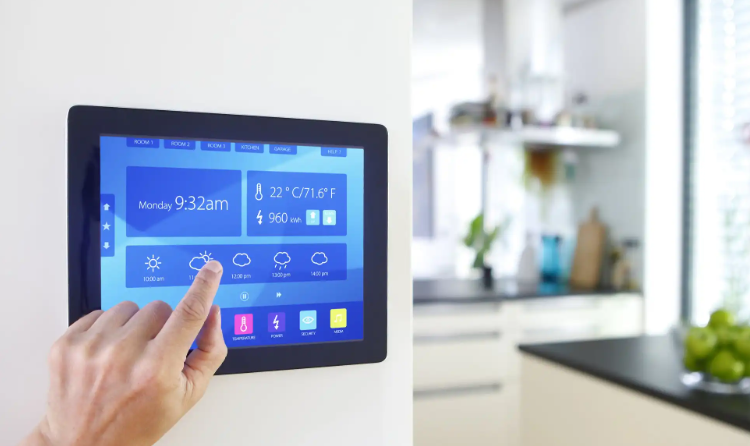Smart home systems have become increasingly popular in recent years, offering homeowners convenience, security, and energy efficiency. However, with the rise of these systems, there are also risks that come with them. In this article, we will explore the potential risks of smart home systems and provide tips on how to mitigate them.

1. Cybersecurity Risks:
One of the biggest risks of smart home systems is cybersecurity. As these systems become more connected, they also become more vulnerable to cyber attacks. Hackers can gain access to your smart home devices and steal personal information, spy on you, or even take control of your devices. To mitigate this risk, it is important to ensure that your smart home devices are secure. This can be done by using strong passwords, keeping your devices up to date with the latest security patches, and using a secure Wi-Fi network.
2. Privacy Risks:
Smart home systems can also pose privacy risks. Many of these devices are equipped with cameras and microphones, which can be used to monitor your activities. This can be particularly concerning if the devices are hacked or accessed by unauthorized individuals. To mitigate this risk, it is important to carefully read the privacy policies of your smart home devices and ensure that they are not collecting more data than necessary. You can also consider disabling the cameras and microphones when you are not using them.
3. Compatibility Risks:
Another risk of smart home systems is compatibility issues. As there are many different brands and types of smart home devices, it can be difficult to ensure that they are all compatible with each other. This can lead to frustration and even malfunctioning devices. To mitigate this risk, it is important to research and choose devices that are compatible with each other. You can also consider using a smart home hub, which can help to connect and control multiple devices.
4. Power Outage Risks:
Smart home systems rely on electricity to function, which means that they are vulnerable to power outages. This can be particularly concerning if you are away from home and unable to reset your devices. To mitigate this risk, it is important to have backup power sources, such as a generator or battery backup, for your smart home devices.
Conclusion:
Smart home systems offer many benefits, but they also come with risks. By understanding these risks and taking steps to mitigate them, you can enjoy the convenience and security of smart home systems without compromising your privacy or security. Remember to always read the privacy policies of your devices, use strong passwords, keep your devices up to date, and have backup power sources in case of outages. With these precautions in place, you can enjoy the benefits of smart home systems with peace of mind.

